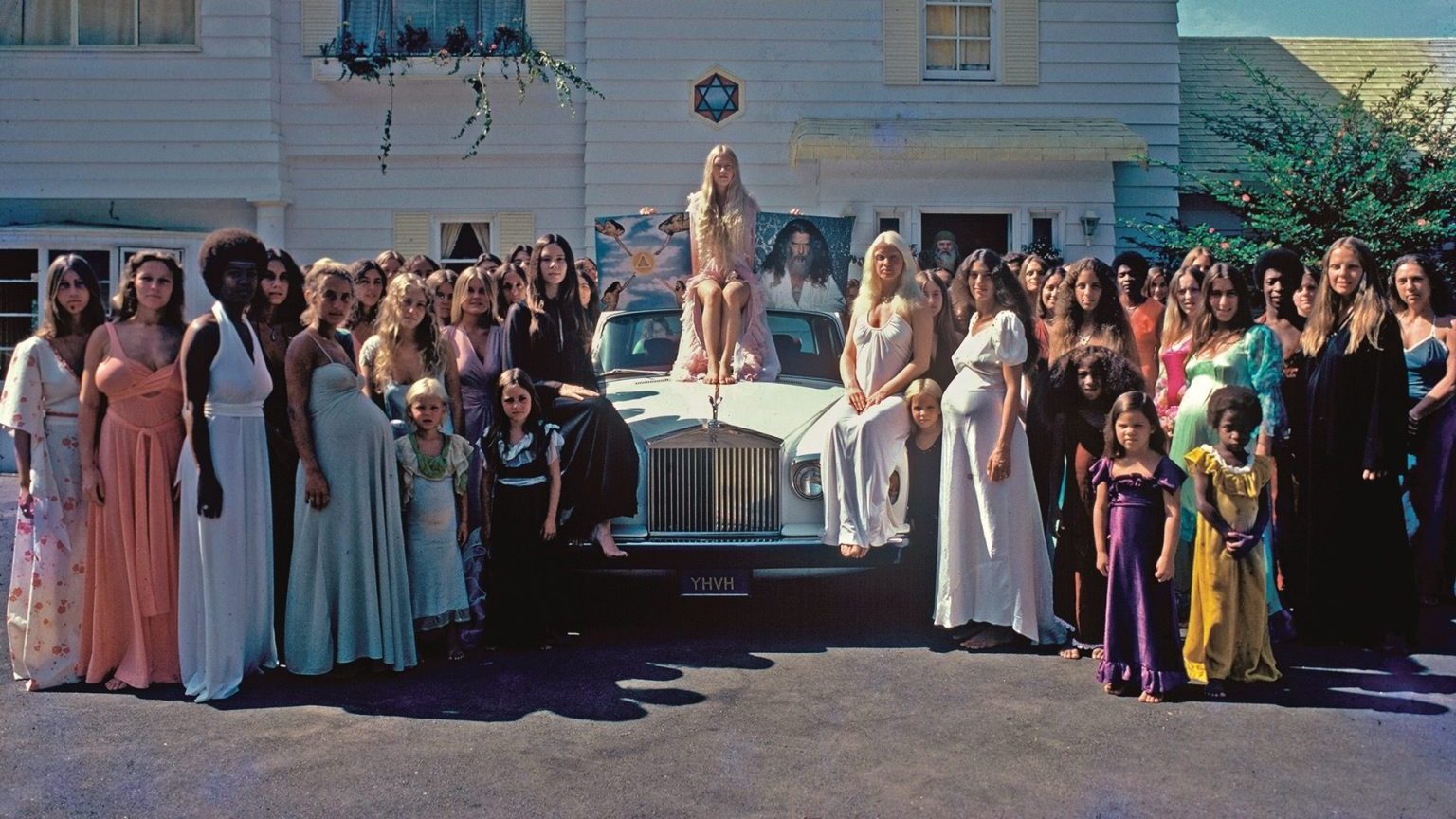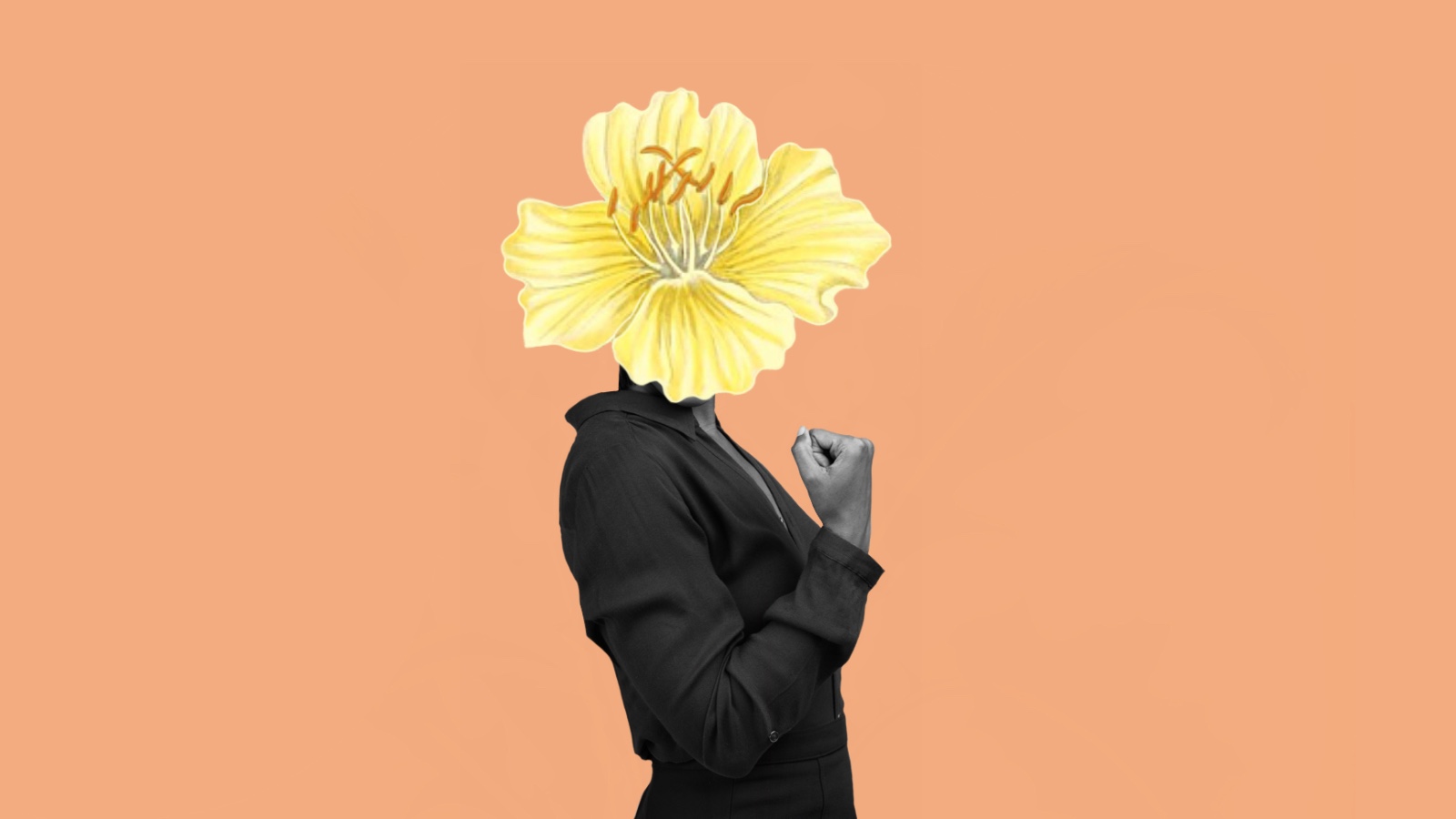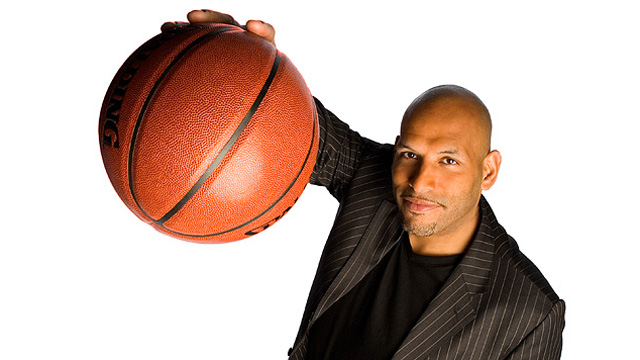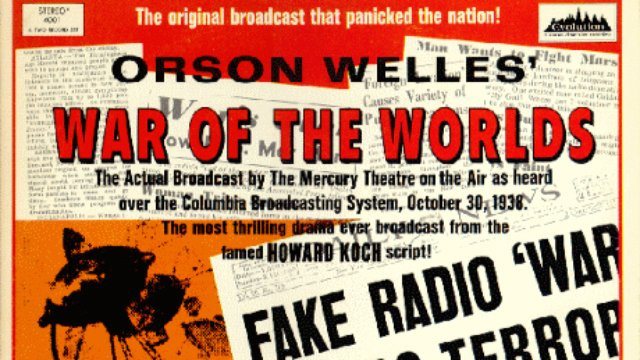Mitch Horowitz Reveals America’s Occult Roots
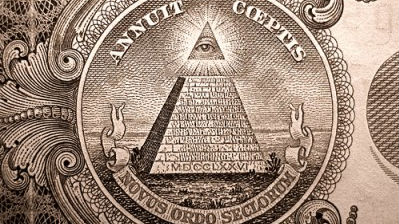
The word “occult” is loaded with all sorts of associations. To some it conjures images of devil worship and witchcraft; to others it is just a concoction of superstition and nonsense. But the term has a very specific meaning that is neither of these two things, says Mitch Horowitz, author of “Occult America.” It refers to a type of spirituality that reemerged during the Renaissance through texts from the ancient Egyptians, Greeks, and Romans——a spirituality that persists to this day.
In his Big Think interview, Horowitz explains why America has always been something of a “religious laboratory” for the world, allowing a fertile breeding ground for these occult beliefs. “The entire culture of alternative spirituality, new age spirituality, the rebirth of esoteric and occult spirituality in the modern age, springs from America, and for very decided reasons,” he says. The occult has also been tied to many American reform movements, including Protestant progressivism. Spiritualists, he says, “were expressing the most radical impulses of the Reformation in which people believed that you could reach the beyond, you could reach the divine with no intermediary.” It was an integral part, as well, of feminism and the suffrage movement, especially in upstate New York. “When spiritualism dawned, suddenly women who wanted to engage in the civic and religious culture were becoming transmediums,” he says. “It is no accident that in this “Burned Over” district in upstate New York, you had the birth of spiritualism coinciding with the fist conference for women’s voting rights… The movements just absolutely grew out of one another.”
Occult symbols like the pentagram and the eye in the pyramid or astrological signs have a certain magnetic power over us, Horowitz says. And rapper Jay-Z is a genius for using these symbols in his music videos, he says: “He understands the magnetism of these symbols.” But an even more famous American, Abraham Lincoln, might indeed have been an occultist, or at least probably held séances in the White House. According to the Boston Globe, the President had a trance sitting in 1863, perhaps to contact his dead son Willie.
This secret about Lincoln aside, spiritualism has been more popular in America than most people like to admit. Evidence of this fact is the pervasiveness of the Ouija Board, definitely the most popular and widely recognized object to come out of the Spiritualist movement. Horowitz gives us a brief history of this occult object from its birth in the 1880s through today. The Ouija Board experienced a resurgence in popularity in the 1960s and 70s, but it has fallen by the wayside in recent years. “People are scared of Ouija; they don’t want to attract boycotts from the Christian right,” he says.
Though the Ouija may be less popular in the past, occultism and spiritualism are necessary as ever, says Horowitz. “People need doorways to explore universal religious and ethical ideas. Pope John Paul II probably beatified more saints than any other Pope in history. He understood that we need modern doorways in order to drink from very, very deep wells.” And recent scientific advancements, far from debunking these beliefs, almost necessitate some sort of supernatural explanation. “Experiments in quantum physics have reignited people’s religious or mystical imaginations,” he says. “It’s almost impossible to overstate the strangeness and the peculiar nature, the astonishing nature, of what’s been found in quantum physics experiments, over the past eight decades.”
